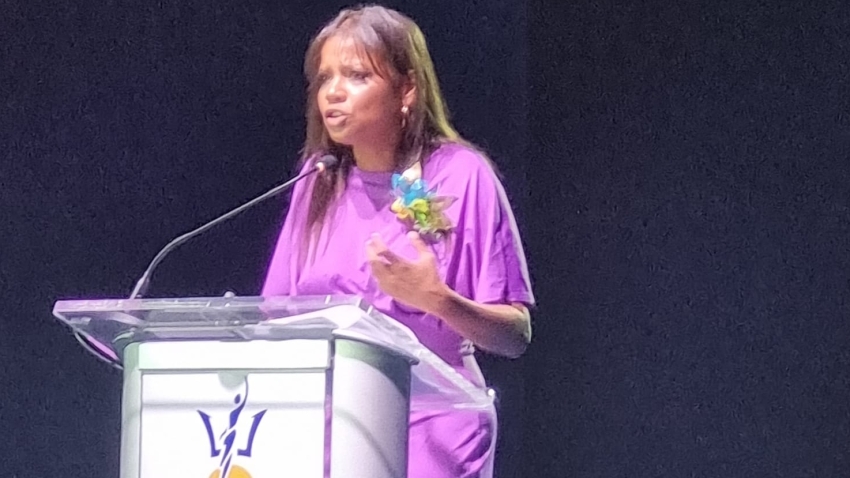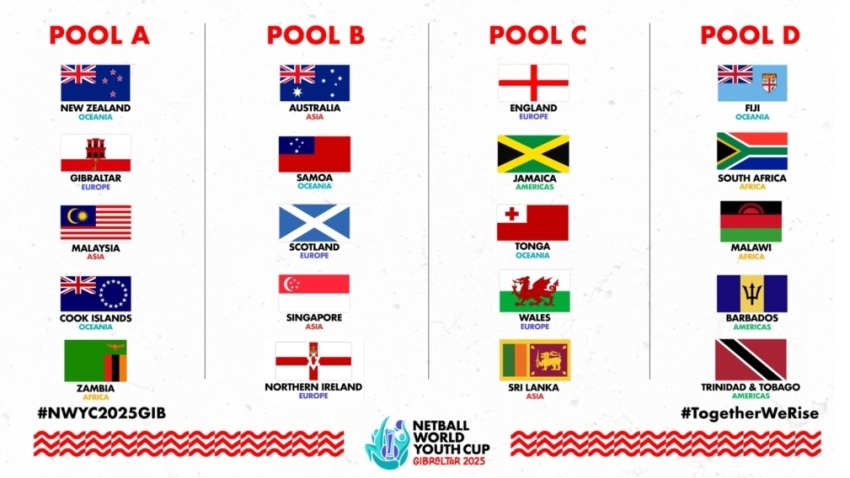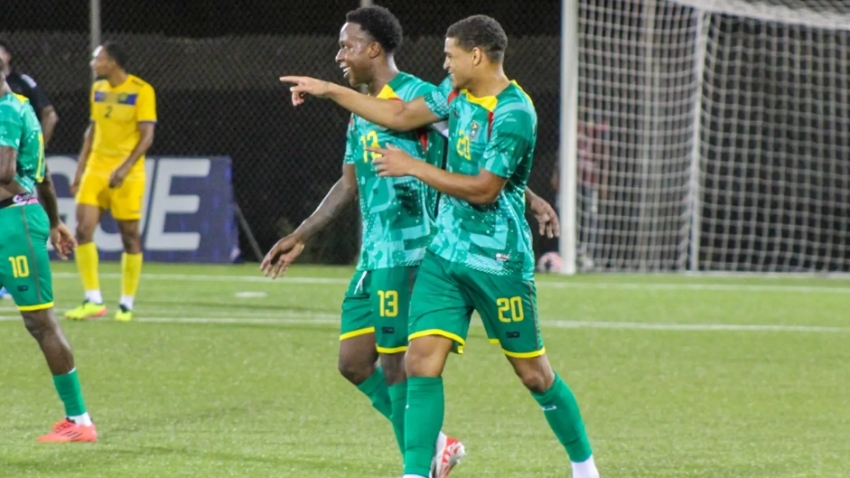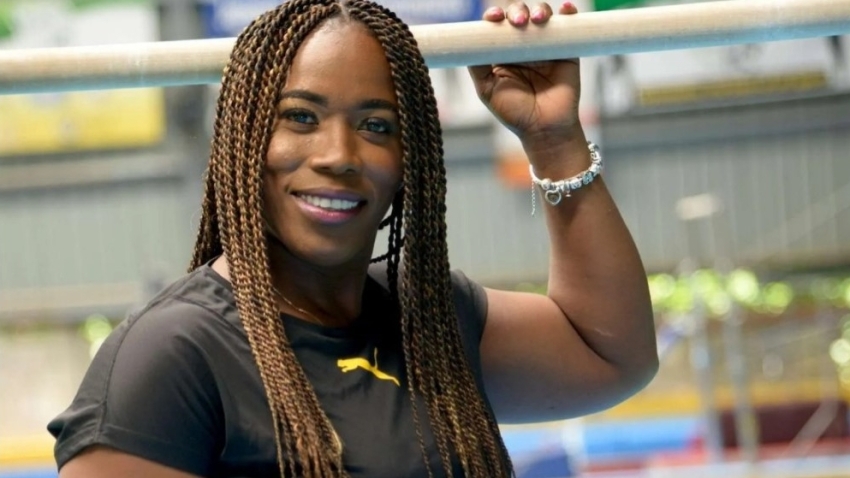With the longtime vision of a Carifta Artistic Gymnastics Championship set to come to fruition, Jamaica Gymnastics Association (JAGA) president Nicole Grant-Brown says it represents a transformative step toward greater regional collaboration and growth for Caribbean gymnasts.
Grant-Brown shared her views during the Championships’ launch on Thursday, as she beamed with delight about the prospects of fostering development for the next generation of gymnasts in the region through the event, which she believes will become a staple on the calendar for years to come.
Mayberry Investments and Supreme Ventures Limited will serve as main sponsors for the inaugural staging to be held at the National Indoor Sports Centre on November 29-30.
“We are excited about this and the fact that we are the host for the very first one. It's really a channel that we're going to use for development within the region. As a region, we want to develop together; we want to do things together because that is the way to go. Right now, we are behind most of the other regions in terms of the Asians, the Europeans, and the Africans; even within our own PanAm region, our small Caribbean unit is behind,” Grant-Brown told SportsMax.Tv during the launch at JAGA’s Slipe Road base.
“So we want to ensure that what we are doing will help with our development and will help to keep kids in the sport because it would mean they have something to look forward to. That is one of the drawbacks. When they get to a certain age, they don't want to do the sport anymore because there's nothing really to motivate them. So hopefully this will help to motivate and help them to work hard to be the best, so it's very important to us,” she added.
Grant-Brown stressed that the Carifta Gymnastics Championships, which will feature competitors aged 7 to 20 from Jamaica, Trinidad and Tobago, Barbados, Bermuda, St Vincent and the Grenadines, the Bahamas, and the Cayman Islands, will provide young gymnasts with an unprecedented opportunity to gain experience and exposure on a larger stage.
“When Caribbean nations come together to compete, it's real competition. We compete harder against each other than we do any other nation. So expect tight competition and camaraderie because they are also friends, and I am sure they will all be competing at the highest level. But again, this championship is more than just a competition; it’s an investment in the potential of young athletes who will be able to showcase their talent and passion for gymnastics,” Grant-Brown shared.
That said, Grant-Brown expressed gratitude to the sponsors, coaches, and everyone involved in making this inaugural event a reality, as she looks to the future of the championships and the continued growth of gymnastics in the Caribbean.
“The planning phase to put this together was very short, so I must commend these countries for really committing to this aspect of the development process. I think we are doing something good, and we don't want to get ahead of ourselves, but we have sponsors that actually called us to be a part of this whole journey with us, and if they're calling, it means we are visible. It means we are doing something well, and we just want to continue,” a beaming Grant-Brown said.
“With this event, we are building a legacy for young gymnasts. This is just the beginning. The Carifta Gymnastics Championships will be a stepping stone to regional and international success, and we are proud to lay the foundation right here in Jamaica,” she noted.
Meanwhile, Desiree Wheeler, senior marketing manager at Mayberry Investments, emphasized that their involvement in the Carifta Gymnastics Championships aligns with their mission to support and promote young talent in the region.
“Mayberry has always had a long-standing relationship not only with the JOA but also the Gymnastics Association, so over the years, it's just been incredible to watch their growth. As a company, we understand the importance of nurturing young talent from an early age.
“So with this being a regional competition, it's really amazing because not only does it bring light to Jamaica as a gymnastics hub, but the sport also fosters discipline, confidence, and a strong work ethic—traits that will benefit these young athletes both on and off the mat and just further build the gymnastics community,” Wheeler stated.
For Chloleen Daley Muschett, the corporate communications and PR manager at Supreme Ventures, their involvement is an investment in youth empowerment and also in Jamaica’s role as a sports destination.
“This partnership with gymnastics actually comes through our partnership with the JOA. So, you know, we recommitted this year to supporting the JOA for another five years, and so gymnastics is one of those sports that we are definitely attaching our name to. We're very proud to be a part of this inaugural Carifta Gymnastics Championship,” she noted.
“We feel like investing in the sport locally is great, but when you bring in other countries within the region, you have an opportunity now to have real development. We are excited about what can come out of investing in grassroots events like this, and so we hope to see in the not too distant future Jamaica and other Caribbean countries participating even more consistently at the Olympics in gymnastics,” Muschett ended.
NB: The Carifta Gymnastics Championships can be seen live on SportsMax and the SportsMax App.
































